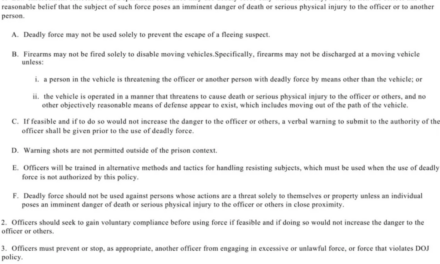We support our Publishers and Content Creators. You can view this story on their website by CLICKING HERE.
Sean Davis, CEO and co-founder of The Federalist, had the perfect response to an unhinged caller during an appearance on C-SPAN’s “Washington Journal” with host Mimi Geerges on Wednesday morning.
During the segment, a disgruntled caller from Georgia ranted about former President Donald Trump and accused Davis of “spouting Russian talking points,” eventually melting down into an expletive-laden tirade that C-SPAN was forced to mute on air. In response, Davis suggested that the man should “maybe try decaf.”
Davis also addressed the many pressing immigration issues the country is currently facing.
“When you say close the border, do you mean to revoke the law that would allow anybody to claim asylum and have an asylum hearing in the United States?” Geerges asked Davis. “Would you take that protection away?”
Davis responded by saying it is a “loaded question.”
“Right now the asylum system is being completely abused. There are very specific things, conditions that have to be set in order to get asylum that’s been absolutely weaponized by this government and cartels over in Mexico,” Davis said. “Asylum is a very specific legal definition that has been completely ignored by this administration. So, no, I don’t want to revoke it. I want that actual law applied as written.”
The segment shifted to include Davis’ take on foreign policy.
“As far as foreign policy is concerned, strong foreign policy is more than just going and starting wars. Strong foreign policy is letting people know that if you don’t stay out of our way, if you threaten us, there will be severe consequences for it,” Davis said. “Unfortunately, over the past 25 years our foreign policy has been the opposite. We go and start wars that our government has no plan for victory, no ability to finish. We spend trillions of dollars on it, and that type of stuff actually weakens us and empowers tyrants overseas.”
The consequences of engaging in wars in Iraq and Afghanistan, for example, will affect the United States for years to come, according to Davis.
“It’s not a thing that’s going to go away in a year or two, and that’s why you have to be so judicious in how you use military power and how you use war,” Davis said.

 Conservative
Conservative  Search
Search Trending
Trending Current News
Current News 





